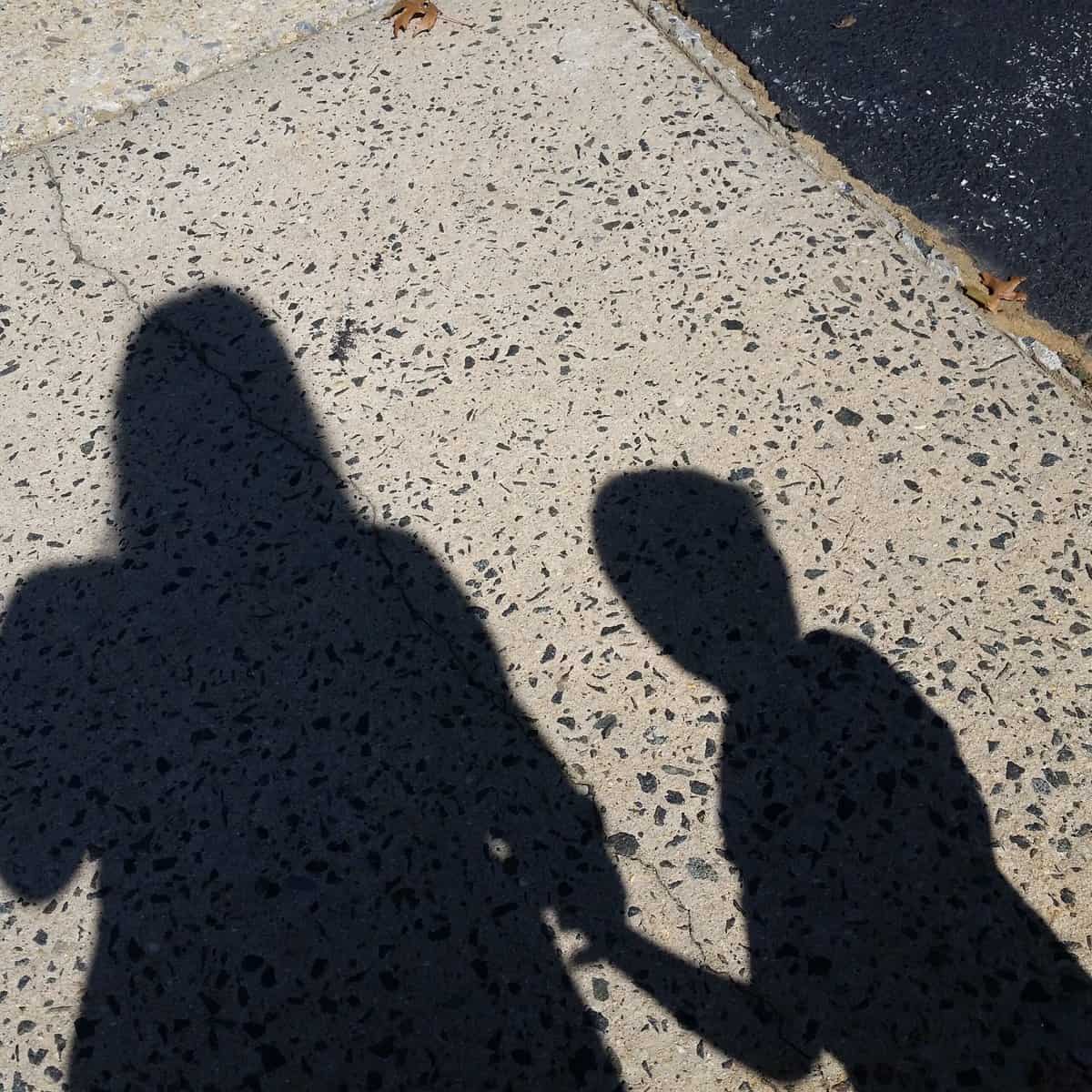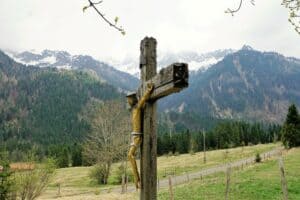 The year my eldest child started middle school, I looked at our family calendar and realized we were going to have a problem. With five children and multiple schools now in the mix, plus after-school activities, music lessons, Bible study, etc., there was no room left on my color-coded spreadsheet to just breathe.
The year my eldest child started middle school, I looked at our family calendar and realized we were going to have a problem. With five children and multiple schools now in the mix, plus after-school activities, music lessons, Bible study, etc., there was no room left on my color-coded spreadsheet to just breathe.
This bothered me. My husband and I have been intentional about limiting our commitments for precisely this reason—but with a family of seven people, even limited commitments quickly fill up all available space. I looked at my calendar, feeling all squashed and panicky, and realized if I dropped my weekly Thursday morning Bible study I’d have one morning home alone with no one but the baby, who still napped.
I dropped the Bible study. Then I marked out the space on my spreadsheet, assigned it a color, and impulsively named it selah.
I love the word selah. As a child, I was entranced by the fact that we don’t know exactly what it means—it might mean to pause, or it might mean to fill a space with music. We don’t know. But whatever it is, it is a space for something good. I wanted to make such a space in my life: a space to pause, a space I could fill with music or prayer or dancing. I would be intentional about keeping it free. Bounded by the black lines that define the space on my spreadsheet, selah would be my time, and it would be good.
I wanted to make such a space in my life: a space to pause, a space I could fill with music or prayer or dancing.
I turned down many things that year in preservation of selah. And as the year wore on, that time became so important to me that I worried what I would do when my baby no longer napped and the time was no longer mine. I didn’t want another morning filled with storytime at the library or trips to the playground, much as I love them. I just wanted a morning to rest.
My erstwhile baby is now four. On a recent Thursday, as I made my morning tour of school drop-offs, I glanced into the rearview mirror to see him sitting in his car seat and looking around, taking stock: everyone else had their school things, yet he was still in footie pajamas. Clearly this wasn’t one of his preschool days.
As the last sibling was deposited curbside with the usual barrage of I-love-you, please-tie-your-shoes, don’t-forget-to-turn-in-your-field-trip-form, see-you-soon, my little guy looked at me and asked, “Mommy, is it Fursday?”
“It is Thursday,” I confirmed.
“YES!” he called out, his footie-pajama-clad feet kicking high into the air. “I love Fursday! I can’t wait to get home and rest!”
Suffice it to say, we have kept our Thursday morning selah.
When my son gave up his morning nap, I reluctantly planned to fill the Thursday morning space. And then, I didn’t. Yes, storytime is good and the playground is fun, but what if instead I enrolled my son in the quest for pause and space to breathe? Do toddlers do stillness?
I don’t remember my older children having any sort of appreciation for stillness when they were toddlers, but for whatever reason, this toddler did. We continued to stake out Thursday morning as a time to move unhurriedly through the world, a time to stop and rest. I drop my older children off, drive home, and switch to selah time. In this time, my son and I walk slowly. We talk less. We notice things like a whorl in the fabric of the sofa or a particularly asymmetrical leaf on the lawn. Sometimes we’ll play with Play-Doh or read stories together, but even then we are slow and deliberate. We roll the Play-Doh between our fingers and feel the stick and release. We linger over books. We look to see if the yellow sun is the same shade on every page.
When we go outside, we put on shoes and coats at my son’s speed, tying and zipping long after my patience would normally have expired. It doesn’t matter if it takes twenty-seven minutes to get ready for a fifteen-minute walk, because we have nowhere else we need to be and nothing else we need to do but exist, here, in this time. We meander down the sidewalk. We stop to play Poohsticks off a footbridge near our house. When my son feels like dancing, we do a largo version of the Cupid Shuffle in the driveway to watch our shadows dance.
And sometimes, quite literally, we do nothing.
Having established that it is Thursday, I ask my son what he would like to do today.
“I want to sit on your lap on the couch with the blue penguin blanket and have a snuggle,” he says, without missing a beat.
And so we do. He doesn’t want to read, or even talk. He just wants to sit in stillness and be with me. This is more than selah, I realize one morning. This is a sabbath. Our Thursday morning sabbath. Rather than putting an end to my selah time, my son has expanded it for me. With him, I’m learning how to do nothing.
Rather than putting an end to my selah time, my son has expanded it for me. With him, I’m learning how to do nothing.
Theologian John Swinton, in an address at Princeton Theological Seminary, talked about how busyness is the enemy of compassion. When we are always hurrying, we miss out not only on the small delights of God’s world, we also miss out on the opportunity to care for God’s people. During my Thursday morning sabbath, I see the small delights of God’s world. I have time to care for God’s people. I don’t know how to measure if I have grown in compassion, but I do know that my compassion exhausts me less, possibly because I have deliberately made space for that compassion to exist and be nurtured.
The challenge for me now is to learn to carry our Thursday morning sabbath into other spaces in the week—carving out the time I need, canceling other things if I must. Perhaps Thursday morning is a baby step on the road to a place where all five of my children will cheer enthusiastically at the thought of a sabbath space to rest.
Elrena Evans is Editor and Content Strategist for Christians for Social Action. She holds an MFA in creative writing from Penn State, and has also worked for Christianity Today and American Bible Society. She is the author of a short story collection, This Crowded Night, and co-author of the essay collection Mama, PhD: Women Write About Motherhood and Academic Life. She enjoys spending time with her family, dancing, and making spreadsheets.


